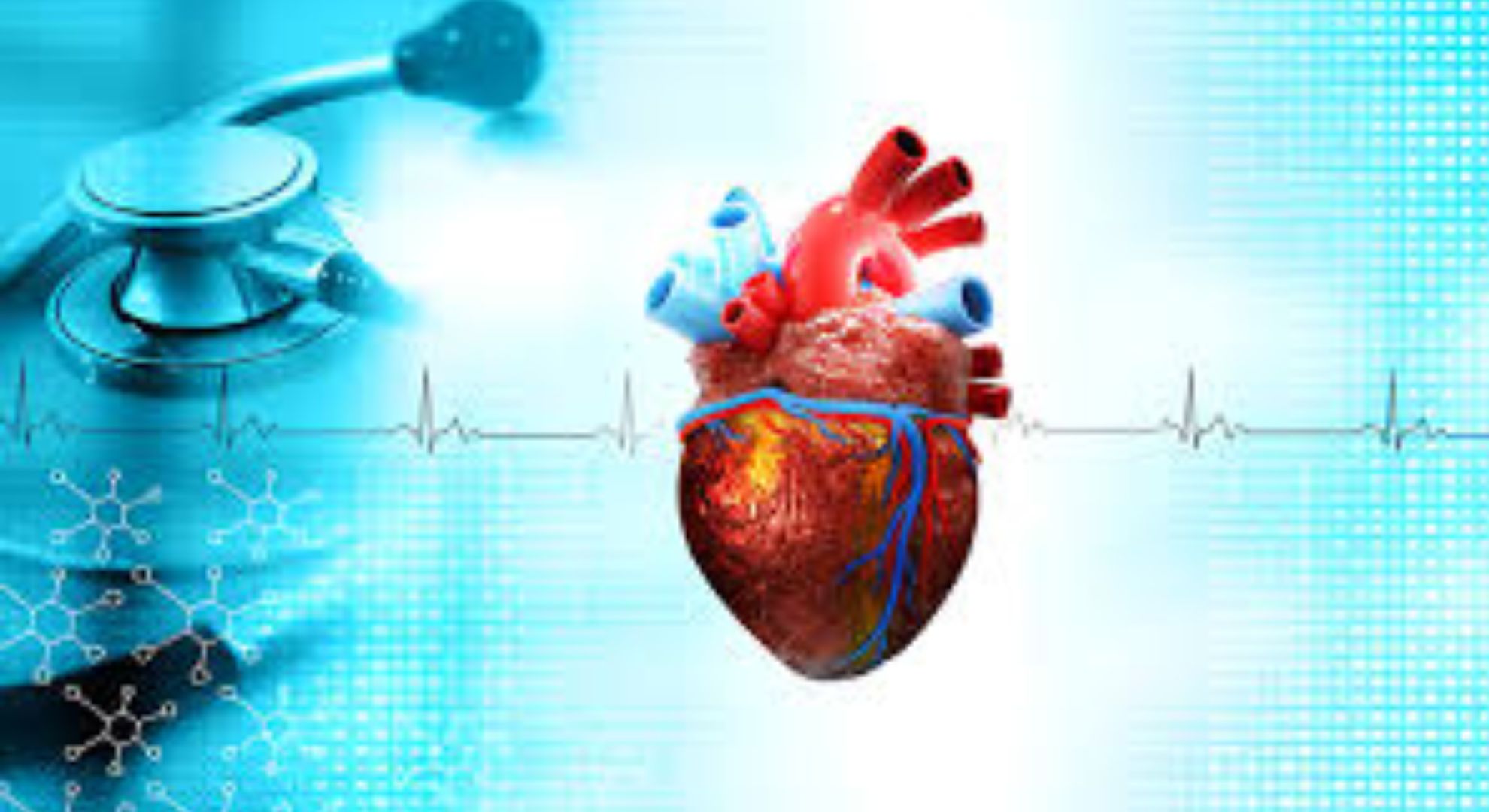Cardiology treatment encompasses a wide range of medical interventions aimed at diagnosing, managing, and treating diseases and disorders of the heart and blood vessels. From non-invasive diagnostic tests to life-saving surgical procedures, modern cardiology has evolved rapidly over the last few decades. With the rise of lifestyle-related health issues, especially cardiovascular diseases, it has become more important than ever to understand what cardiology treatment involves, what patients can expect during recovery, and the associated costs.
Common Procedures in Cardiology Treatment
Cardiology treatment begins with accurate diagnosis. Cardiologists use a variety of tools and tests to assess heart function and detect abnormalities. Some of the most common diagnostic procedures include:
- Electrocardiogram (ECG or EKG): Records the heart’s electrical activity to detect irregularities.
- Echocardiogram: Uses ultrasound waves to create images of the heart, helping detect structural issues.
- Stress Test: Measures heart function during physical exertion.
- Cardiac CT and MRI: Provide detailed images of the heart and blood vessels.
Once a diagnosis is made, treatment options vary depending on the condition. Non-invasive or minimally invasive procedures are often preferred. Common treatments include:
- Angioplasty and Stenting: A catheter is used to open blocked arteries and place a stent to keep them open.
- Coronary Artery Bypass Grafting (CABG): A surgical procedure to restore blood flow to the heart by bypassing blocked arteries.
- Pacemaker or Defibrillator Implantation: Devices that help regulate abnormal heart rhythms.
- Medication Therapy: Includes drugs like beta-blockers, blood thinners, cholesterol-lowering medications, and ACE inhibitors.
In addition to these, lifestyle modification is a key part of any cardiology treatment plan. Doctors often work closely with patients to address diet, exercise, stress, and other risk factors.
What to Expect During Recovery
Recovery from cardiology treatment varies widely based on the procedure performed and the patient’s overall health. For non-invasive tests, recovery is immediate. However, surgical interventions like bypass surgery or valve replacement may require several weeks to months of recovery.
During the recovery phase, cardiac rehabilitation is often recommended. This includes:
- Supervised exercise programs
- Nutritional counseling
- Emotional support
- Education on heart-healthy living
Patients are typically advised to avoid strenuous activity for a specified period, monitor their symptoms, and attend follow-up visits. A major part of recovery is also about mental adjustment and learning to live with new routines or medical devices.
With technological advances, many cardiology treatments now have shorter hospital stays and quicker recovery periods. However, consistent follow-up and adherence to prescribed medication are crucial to ensure the long-term success of any treatment.
Costs Involved in Cardiology Treatment
The cost of cardiology treatment can vary significantly depending on the procedure, hospital, doctor’s experience, and location. Diagnostic tests like ECG or echocardiograms may range from ₹500 to ₹5,000. More complex procedures such as angioplasty can cost between ₹1.5 lakh to ₹3 lakh, while open-heart surgery like CABG may range from ₹2.5 lakh to ₹5 lakh or more.
It’s important to note that cardiology treatment in India is recognized globally for offering world-class care at highly competitive prices. Many international patients choose India due to its advanced medical infrastructure, English-speaking healthcare professionals, and the availability of JCI- and NABH-accredited hospitals. Despite the lower costs, the quality of care is comparable to Western countries. Additionally, many hospitals offer medical tourism packages that include surgery, medications, accommodation, and follow-up care, making India a preferred destination for affordable and comprehensive heart care.
Final Thoughts
Cardiology treatment has transformed significantly, providing patients with a broad spectrum of diagnostic and therapeutic options. Whether it’s managing a chronic heart condition or undergoing a complex surgical procedure, today’s treatments are safer and more effective than ever before. Understanding these procedures, knowing what to expect during recovery, and being aware of the costs involved empowers patients to make informed decisions about their health.
If you or a loved one is dealing with a heart condition, don’t delay seeking medical advice. Early diagnosis and timely treatment can make all the difference in preserving heart health and enhancing quality of life.
To read more free articles ( Click Here )
